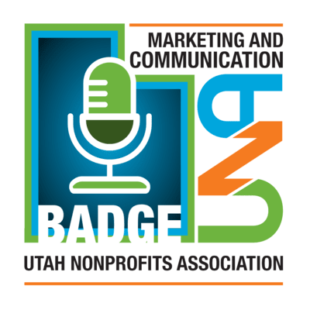When Kayla Norman, Corporate Social Responsibility Manager at Regence BlueCross BlueShield, and its philanthropic arm, the Cambia Health Foundation, reached out with an idea for a volunteer project as part of their employee giving campaign, we were elated.
The project involved employees writing letters of support and connection to older adults served by JFS. A focus area for the Cambia Health Foundation is Healthy & Connected Aging, which aims to reduce isolation and loneliness among older adults. According to the National Academies of Sciences, Engineering, and Medicine, 7.7 million community-dwelling adults ages 65 and older in the United States were socially isolated in 2020, and 1.3 million were severely socially isolated. More strikingly, loneliness and social isolation increase the risk of dementia by 50%, heart disease by 29%, and stroke by 32%.
The Foundation project kicked off with Dr. Donna Milavetz, Cambia Health Foundation Board Member, Senior Vice President and Chief Medical Officer for Regence BlueCross BlueShield, and JFS Board Member, sharing a bit about the work Jewish Family Service is doing to support Healthy & Connected Aging with Regence employees, and then shifted to the letter writing to JFS clients.
In December, Emily Christensen, Arts and Aging Coordinator, received a big stack of letters for JFS clients! Emily said, “Our clients are so grateful to be included and really enjoyed the letters. Social connections matter.” A heartfelt thank you to the Foundation and the employees who participated for bringing joy and connection to our clients and for the incredible work you do to support the community.
JFS’ Older Adult Programs promote healthy aging through care planning and management, family support, information and referrals, needs assessment, service coordination, and other supportive services. We also offer programs that give older adults opportunities to connect, socialize, and engage in creative and mentally stimulating activities; and provide a full slate of enjoyable, social activities for people with dementia, to respond to evidence showing that such programs can have significant cognitive, emotional, and social benefits.







